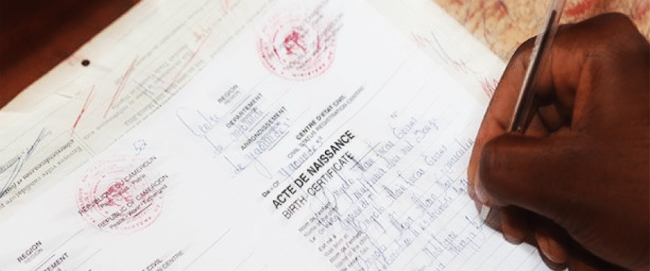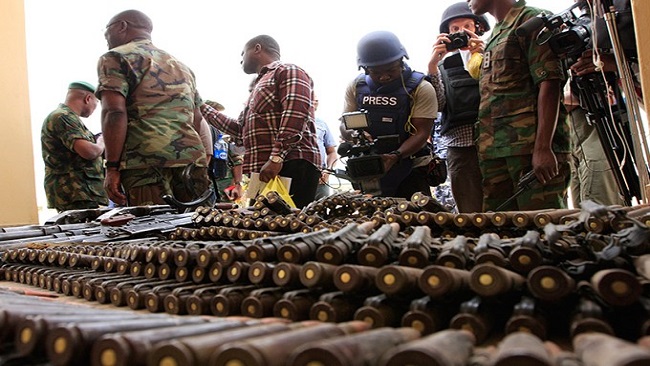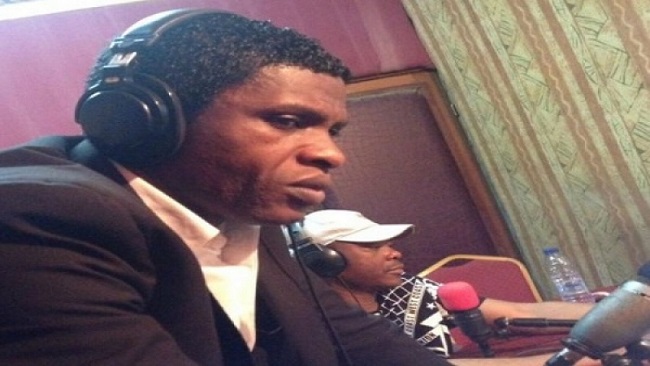23, March 2024
US: Cameroonian National sentenced to 12 years in prison for fraud 0
U.S. District Judge Deborah K. Chasanow sentenced Njuh Valentine Fombe, a/k/a “Valentine”, age 37, a Cameroonian citizen, formerly residing in Beltsville, Maryland, today to 12 years in federal prison, followed by three years of supervised release, for conspiracies to commit wire fraud and money laundering, and for aggravated identity theft, in connection with a business email compromise fraud scheme with intended losses of more than $2 million. Based on court documents and evidence presented during Fombe’s sentencing, the Court also found that Fombe engaged in a pandemic-related unemployment fraud scheme while he was a fugitive residing in the United Kingdom.
In addition to prison time, Judge Chasanow ordered Fombe to pay restitution of $325,856.12 and to forfeit $547,310.23.
The sentence was announced by United States Attorney for the District of Maryland Erek L. Barron; Special Agent in Charge James C. Harris of Homeland Security Investigations (HSI) Baltimore; Chief Robert McCullough of the Baltimore County Police Department; and Chief Russell E. Hamill III of the Laurel Police Department.
According to court documents and evidence presented at today’s sentencing hearing, from at least September 2016 to August 2018, Fombe conspired with others to commit wire fraud by conducting business email compromise (“BEC”) schemes in which Fombe‘s co-conspirators gained unauthorized access to email accounts, personal identifying information, and bank accounts by sending false wiring instructions to the victims’ email accounts. Fombe and his co-conspirators then used the illegally obtained personal information to obtain counterfeit checks in the name and information of the victims’ bank accounts. Victims of the BEC scheme were from California, Tennessee, Michigan, Hawaii and Illinois. Fombe and his co-conspirators also registered fraudulent shell entities to facilitate the scheme, opening and managing bank accounts in the names of the fraudulent shell entities’, as well as their own names and aliases, to direct and receive proceeds of the BEC and check schemes.
After Fombe’s indictment in 2019, Fombe fled the United States on a fraudulently obtained Honduran passport, ultimately residing in the United Kingdom until his arrest there on June 16, 2022 and subsequent extradition to the United States.
United States Attorney Erek L. Barron commended HSI, the Baltimore County Police Department and the Laurel Police Department for their work in the investigation. Mr. Barron thanked Assistant U.S. Attorneys Kelly O. Hayes, Christopher M. Sarma, and Bijon Mostoufi, who prosecuted the case.
Source: Justice.gov/usa


























23, March 2024
Southern Cameroons Crisis: second deputy mayor of Babessi Council shot dead 0
Ambazonia fighters have reportedly killed a prominent mayor in the Northwest region on Saturday morning, according to local police.
Solomon Nkwato, the second deputy mayor of Babessi Council of Ngoketunjia Division in the region, was shot dead as he was about to leave his home, police said without elaborating.
Local media reported that the mayor was known for leading peace-building efforts among young people in the region.
An armed separatist conflict has been going on in Cameroon’s Anglophone regions of Northwest and Southwest since 2017. The separatists want to break away from the majority of French-speaking Cameroon and create an independent nation.
Source: Xinhuanet